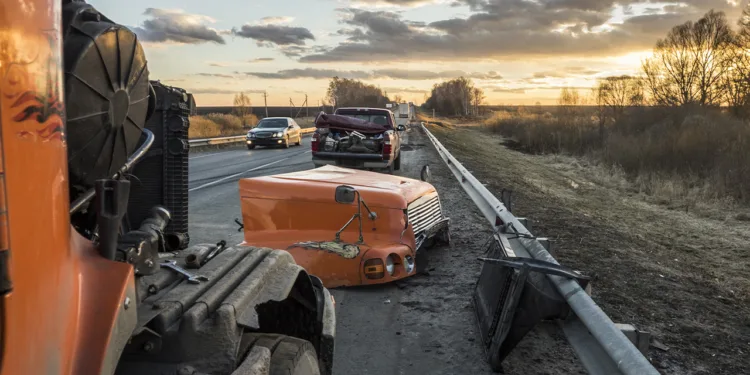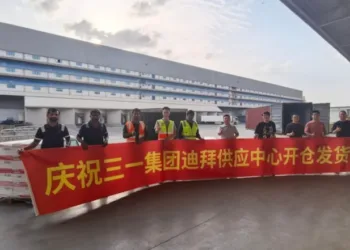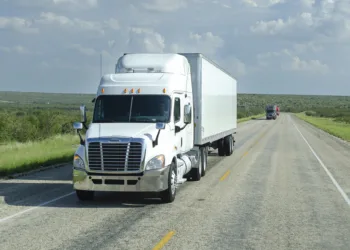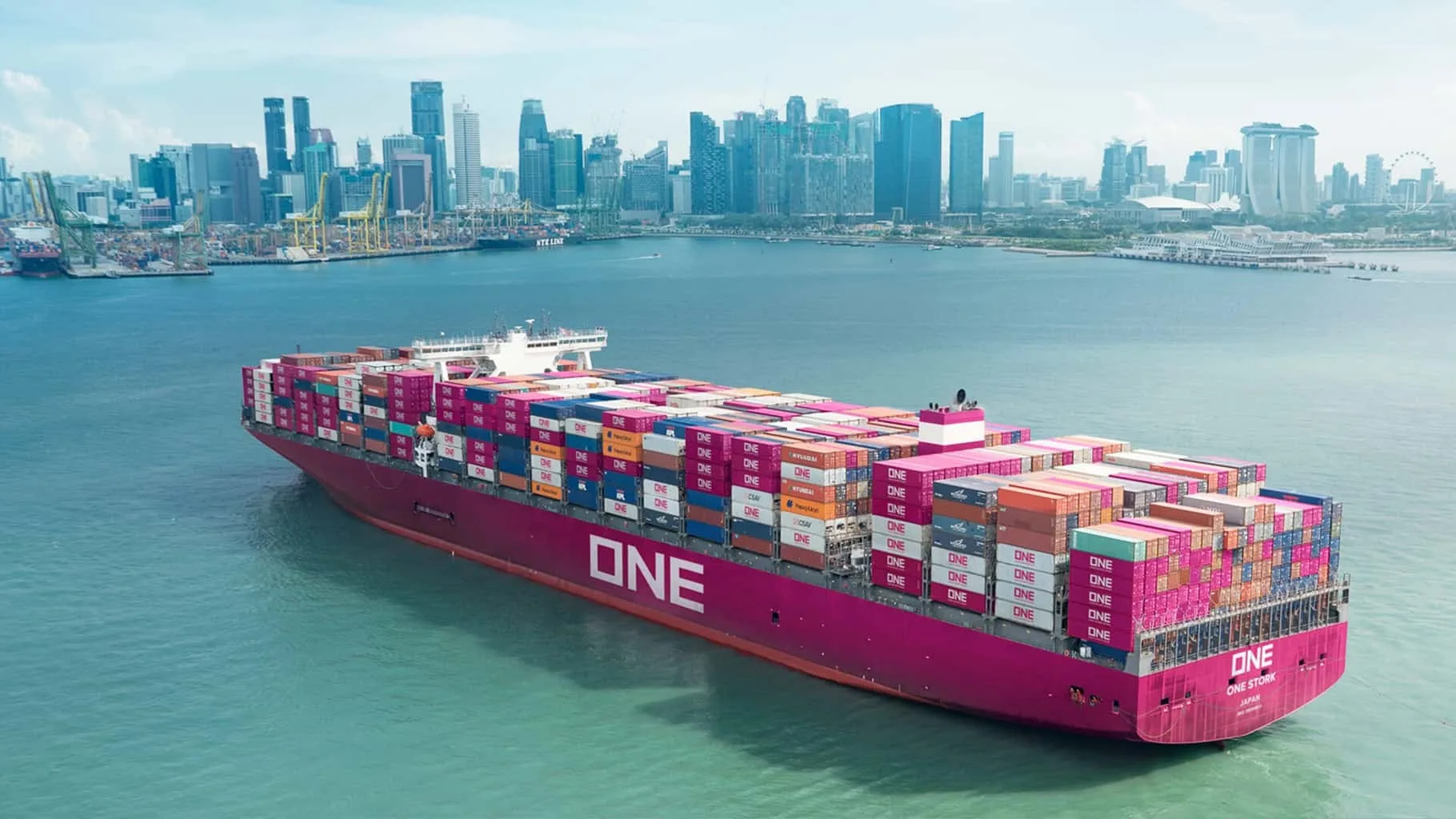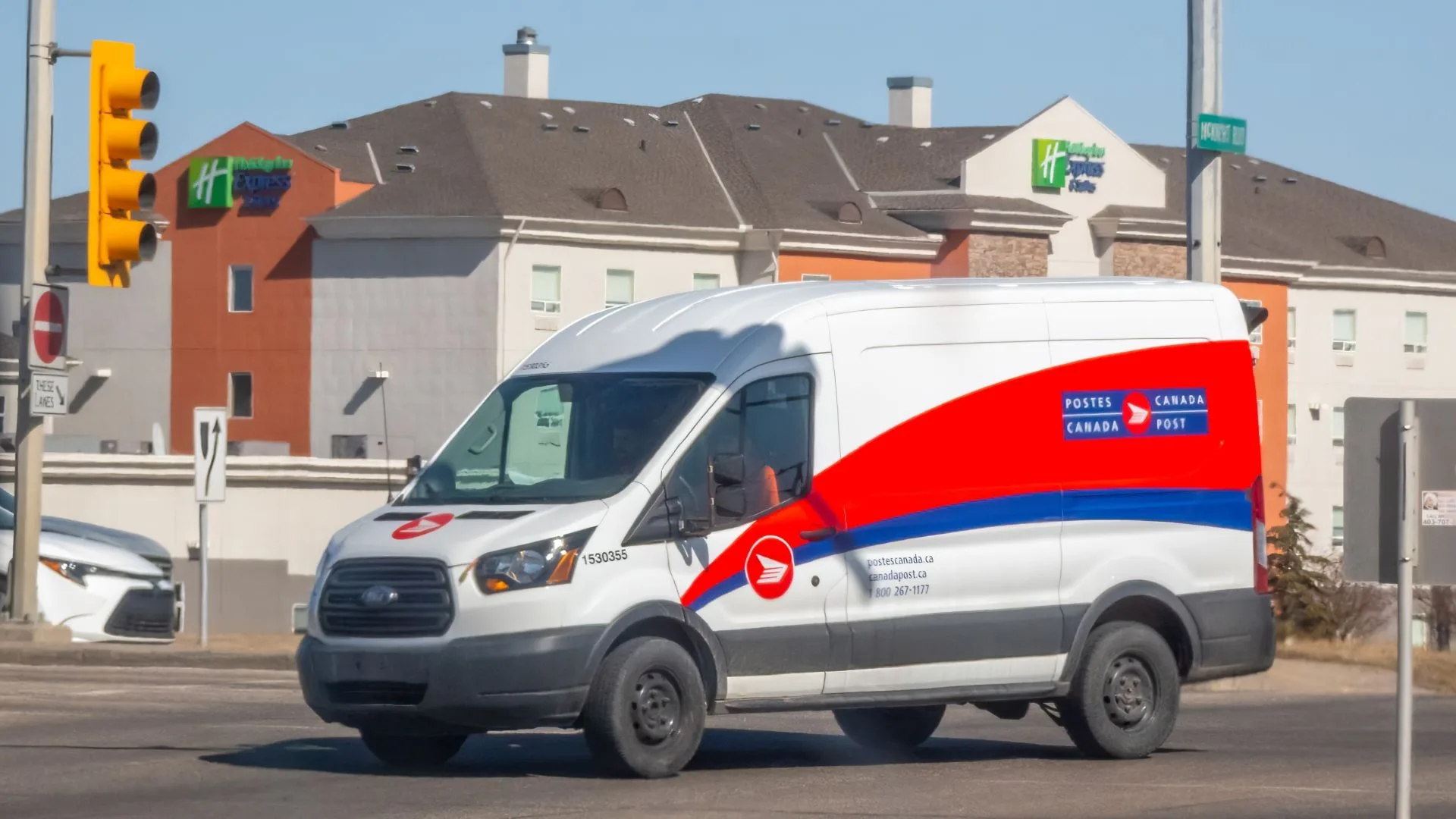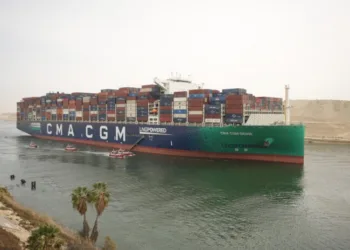And then there’s the other side of the argument.
With a September 29 judicial conference now set at the Supreme Court (SCOTUS) for the justices to consider whether to take up the issue of broker liability, the pleadings on both sides of the debate are coming into focus.
Both Transportation Quality Logistics and the Transportation Intermediaries Association (TIA), in the case of TQL vs. Cox, have submitted their briefs to the Supreme Court laying out why they believe the court should review a Sixth Circuit appellate decision where TQL saw an earlier victory at the district court level overturned. It is that decision TQL wants the high court to review, and the TIA filed its arguments backing up TQL in recent days.
The opposing arguments come from the lawyers representing the estate of Greta Cox, who died in a May 2019 Oklahoma crash while at a near full stop at a highway construction site when a truck smashed into her car at more than 60 miles per hour. TQL had hired the truck. The filing by the Cox attorneys note that the driver, Amarjit Singh Khaira, was charged with vehicular manslaughter.
The Cox attorneys do not want the Court to grant certiorari in the case. While that is to be expected, given that Robert Cox–widower of Greta–prevailed on appeal to the Sixth Circuit, there have been recent instances when brokerages have been victorious and yet backed the losing plaintiff’s attempt to have SCOTUS review the case. Ironically, TQL was one of them in the case of Gauthier vs. TQL, but the court did not grant approval to that certiorari request.
Justices will take up both cases at same conference
Another broker liability case that is before the Supreme Court with a request for the justices to grant certiorari: Montgomery vs. Caribe II. C.H. Robinson (NASDAQ: CHRW) had been a separate defendant in that Seventh Circuit case but prevailed at the district court level through summary judgement. And even though it was on the winning side in the lower courts, C.H. Robinson also is backing the request of Shawn Montgomery for the justices to review the case.
Both the Montgomery and Cox cases will be under consideration at the same September 29 conference.
Why have victorious brokerages asked for SCOTUS involvement? Because there are conflicting circuit court decisions on the question of how a brokerage fits under the phrase “with respect to motor vehicles,” and whether a 3PL can be considered the same as a motor vehicle like a truck in assessing negligence or liability. They want the issue decided, even if it means their victorious legal efforts get reviewed.
But that is not the case with the Cox case. Lawyers for the husband who lost his wife in that crash, including the left-leaning public interest group Public Citizen, working pro bono, argue in their submission to SCOTUS that the conflicting circuit court decisions on the question need time to “percolate.”
Sixth Circuit decisions came after earlier rulings
The thrust of that argument by the Cox legal camp is that the Sixth Circuit decision that went against TQL came after earlier circuit court decisions that blocked brokerages from being held liable or negligent in the hiring of a carrier that caused bodily harm or death.
Those earlier decisions–specifically the Gauthier case as well as the case of Ye vs. GlobalTranz, another incident where a truck driver hired by a brokerage killed a driver–both found that broker negligence was barred by the safety exception of the Federal Aviation Administration Authorization Act (FAAAA).
The FAAAA targets state actions against transportation that could impact a “price, route or service.” But it also includes the so-called safety exception, which allows a finding of negligence or liability “with respect to motor vehicles.”
Does a broker fall under the definition of “motor vehicles”? Split circuit court decisions leave that question unanswered. But the Cox attorneys think it needs more time to resolve itself without SCOTUS involvement. As the Cox filing says, it needs to “percolate.”
The Cox filing notes that prior to the Cox appellate court ruling, the only other circuit court decision that found the safety exception did not protect 3PLs was in Miller vs. C.H. Robinson, which SCOTUS also decided not to review.
“Because Ye and Gautheir post-date Miller, until the decision in this case no court of appeals had explained the problems with the reasoning in those decisions,” the attorneys write in their brief.
But their argument is that the Sixth Circuit’s findings undercut some of the logic in Ye (Seventh Circuit) and Gauthier (Eleventh Circuit).
Do brokers need to be mentioned?
For example, the Cox filing notes that the Ye decision “relied heavily on the fact that the safety exception does not expressly mention brokers.” But the Cox attorneys cite the Sixth Circuit ruling that no particular group is identified anywhere in the safety exception and instead is “based on the substance of those laws (regarding) safety issues and concern motor vehicles.”
The Cox filing before SCOTUS quotes the Sixth Circuit decision on the question of whether the safety exception would protect a broker because it is not a motor vehicle per se. That is a key argument of the brokerage community when it cites the phrase “with respect to motor vehicles.”
“Requiring that the regulated entity directly own or operate motor vehicles would impose an additional limitation beyond what the text of the (safety exception) requires,” the Cox filing says, citing that precedent.
With the arguments made by the Sixth Circuit now on the books, the Cox attorneys have some advice for the other circuits that have ruled differently: Now that the Sixth Circuit has spoken, the attorneys write, “the Seventh and Eleventh Circuits may wish to reevaluate those
precedents in light of the Sixth Circuit’s well-reasoned analysis.”
Cox’ brief sums up by saying that “immunizing motor carriers from liability when their negligent conduct causes physical injury or death, however, would remove incentives for motor carriers to operate safely, with potentially devastating consequences.”
More articles by John Kingston
Werner faces social media storm over Kenyan driver rumors
First step taken by Trump administration to supplant Biden’s independent contractor rule at Labor department
Relay Payments expands: Circle K becomes third largest user
The post TQL opponent in broker liability SCOTUS case: let it ‘percolate’ appeared first on FreightWaves.



